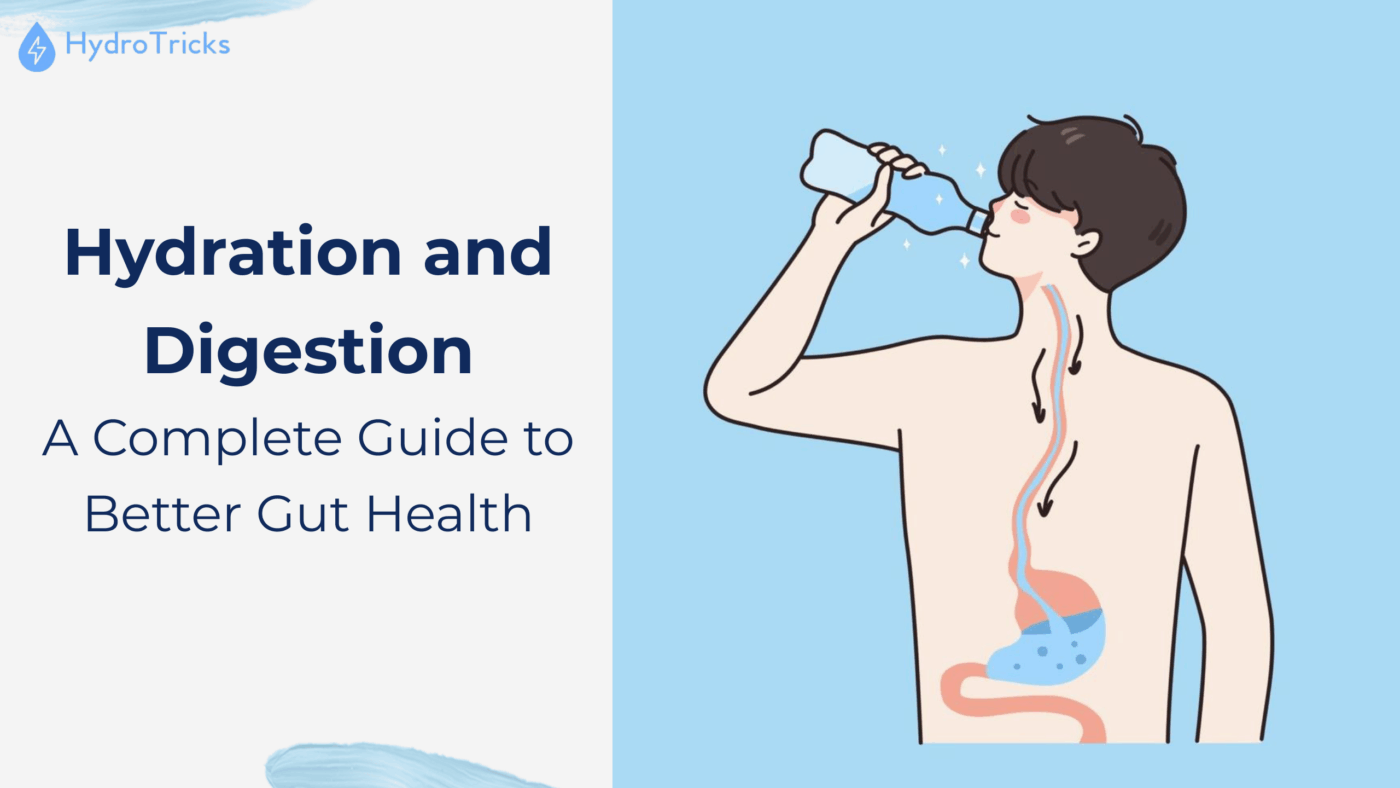In today’s health-conscious world, more people are paying attention to what they eat and how their bodies respond. However, one essential factor that is often overlooked is the connection between hydration and digestion. Water is not just a thirst quencher; it is a vital element in maintaining a healthy digestive system. In this blog, we’ll dive into the importance of hydration, how it impacts your gut, the dangers of dehydration, and what kind of water can best support digestive health. Let’s explore how staying hydrated is one of the most practical ways to improve your digestion and overall wellness.
1. What Is Hydration?
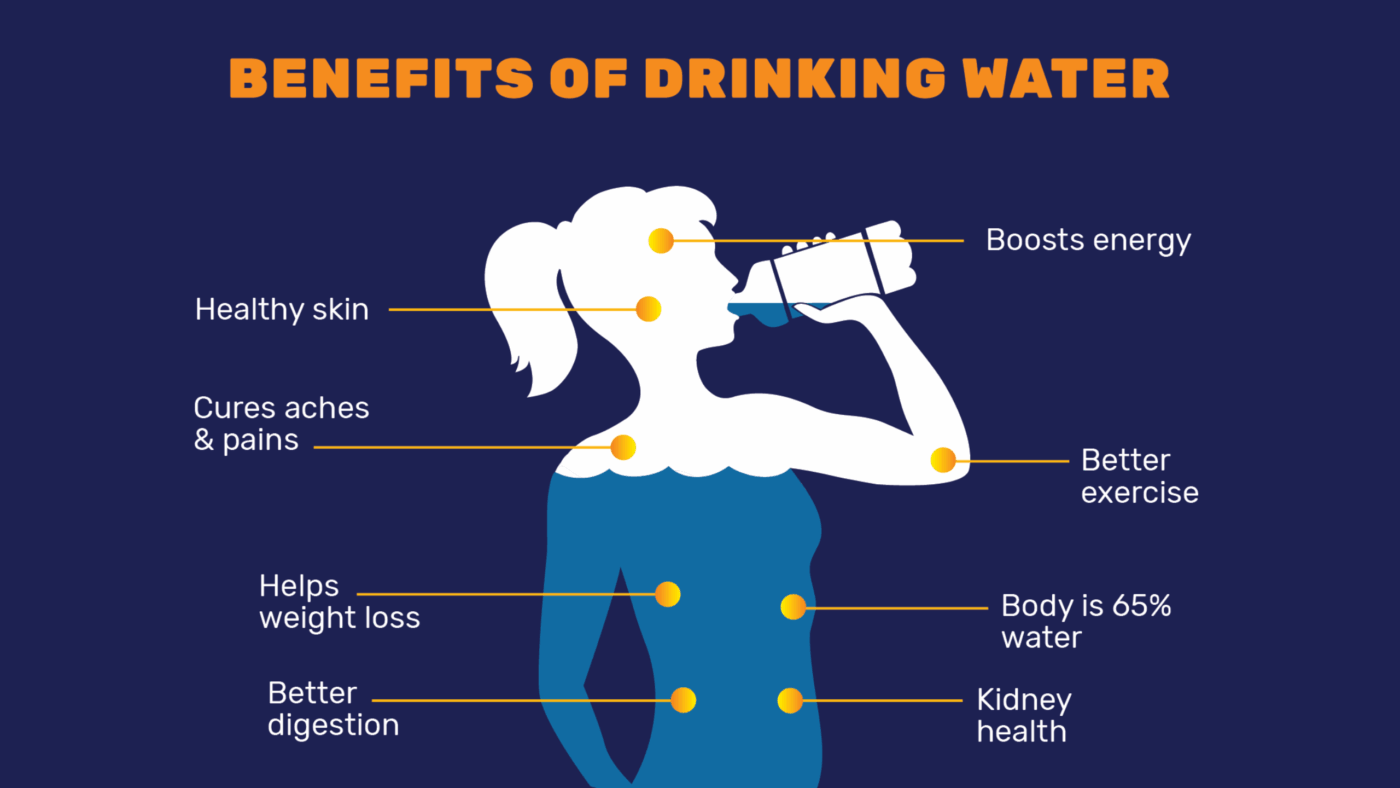
Hydration refers to the process of supplying your body with adequate fluids to function at its best. Since our bodies are composed of about 60% water, every system depends on it to operate properly. Water plays a vital role in regulating body temperature, transporting nutrients, lubricating joints, and flushing out waste. When we discuss hydration and digestion, we focus on how being well-hydrated helps the body efficiently break down food and absorb nutrients.
Proper hydration is essential not only for physical performance and sustained energy but also for the optimal function of vital organs such as the kidneys, liver, and intestines. The body continuously loses water through sweat, urine, and even breathing, which means regular replenishment is necessary throughout the day. Early signs of dehydration—such as fatigue, headaches, and dry skin—can indicate that the digestive system and other bodily functions are under strain.
By staying hydrated and prioritizing hydration and digestion, you support the fluid balance required for healthy cells and smooth gastrointestinal function. Maintaining proper hydration habits promotes better nutrient absorption, easier bowel movements, and overall digestive health.
2. What Is the Digestive System?
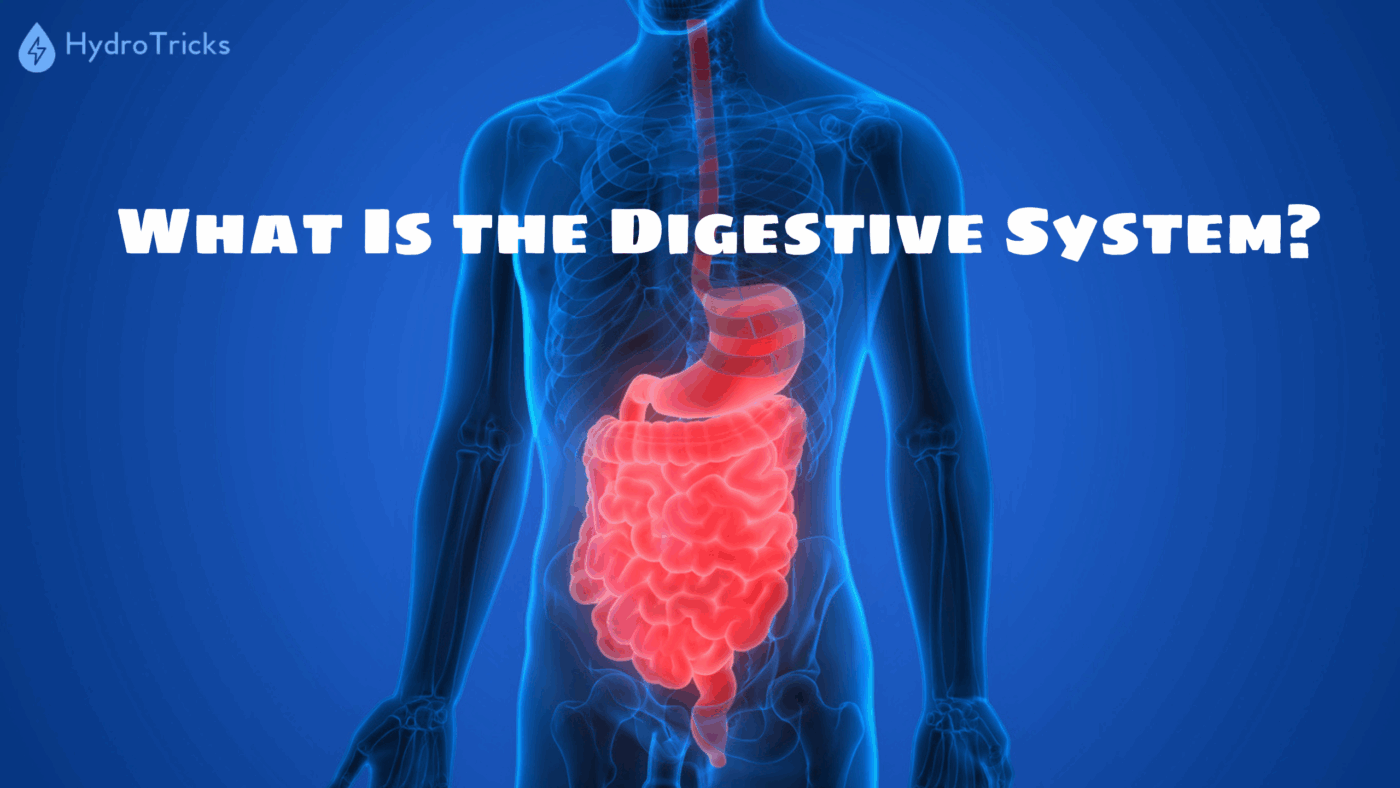
The digestive system is a complex network of organs responsible for breaking down the food you eat into nutrients your body can absorb and use for energy, growth, and repair. This intricate system begins in the mouth and extends to the rectum, involving key organs such as the esophagus, stomach, small and large intestines, liver, pancreas, and gallbladder. Each of these components plays a vital role in the stages of digestion—from mechanically and chemically breaking down food to absorbing nutrients and eliminating waste.
The connection between hydration and digestion becomes clear when considering how water facilitates every step of this process. Proper hydration helps produce digestive fluids, supports the movement of food through the intestines, and enables the absorption and transport of nutrients. Without adequate fluid intake, the entire digestive process can become sluggish, leading to discomfort and inefficiency. Maintaining hydration is, therefore, essential for the digestive system to function smoothly and effectively.
3. How Hydration Affects Digestion?
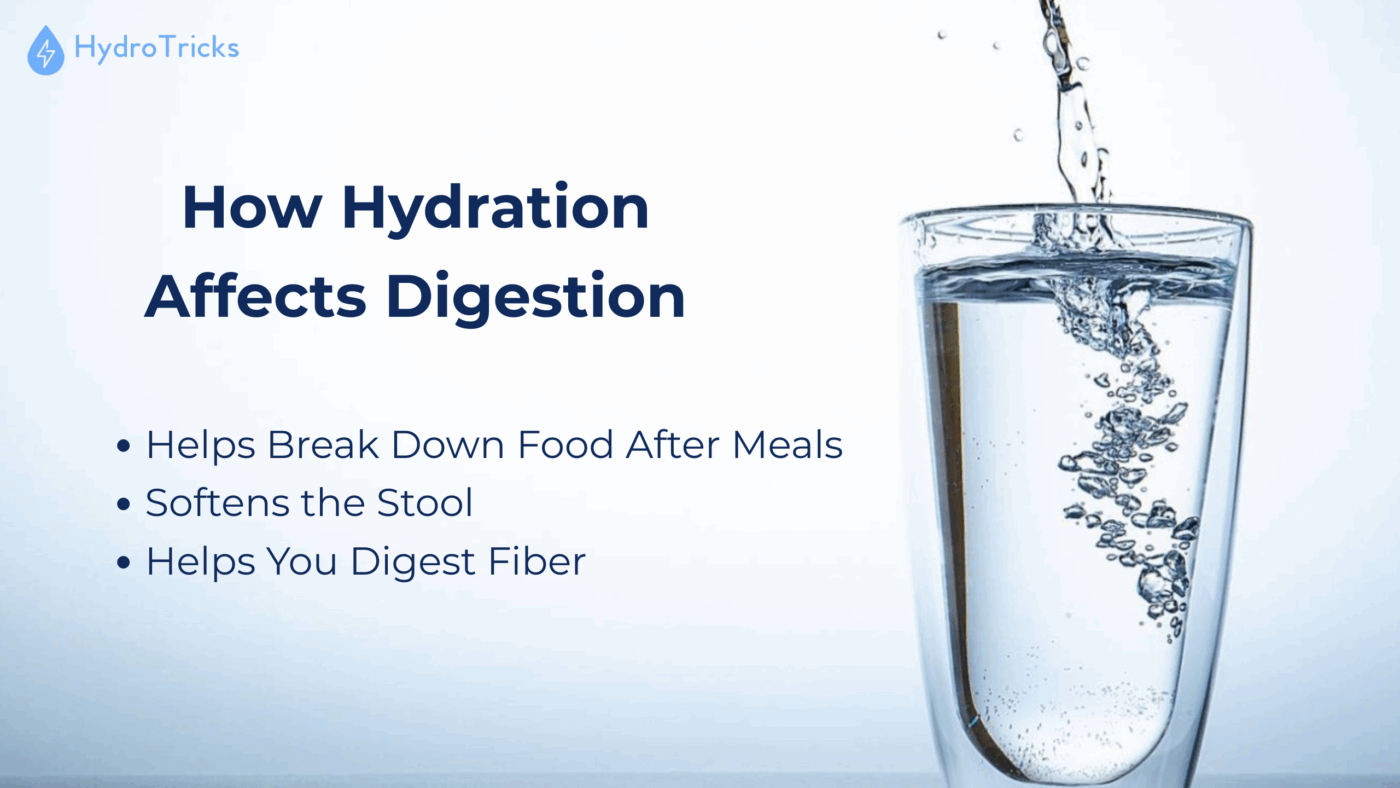
Water is an essential component of every stage in the digestive process. From helping to break down food to promoting healthy bowel movements, hydration plays a vital role in keeping the gastrointestinal system functioning effectively. Let’s explore three key ways hydration and digestion are closely connected:
Helps Break Down Food After Meals
One of the most significant benefits of drinking water with meals is its ability to assist in breaking down food more efficiently. Water acts as a solvent, helping digestive enzymes and gastric acids dissolve nutrients for easier absorption. When you’re well-hydrated, your digestive system can process food more smoothly, improving nutrient uptake and reducing the risk of indigestion. According to the National Institutes of Health (NIH), adequate hydration supports enzyme activity and maintains the protective mucosal lining of the stomach, which is critical for efficient digestion and nutrient absorption (NIH, 2020).
Softens the Stool
Hydration is crucial for preventing constipation. Water helps soften the stool by adding moisture to the colon, making waste easier to pass. The colon pulls water from the body to create soft, bulky stools, so when fluid intake is low, it results in hard, dry waste that’s more difficult to eliminate. A review published in Nutrition Reviews confirmed that increased fluid intake is associated with improved stool consistency and bowel regularity (Maughan & Shirreffs, 2010). This clearly demonstrates how hydration and digestion are interdependent—adequate water intake leads to regular, comfortable bowel movements.
Helps You Digest Fiber
Fiber plays an essential role in digestive health, but it requires water to function effectively. Soluble fiber—found in foods such as oats, beans, flaxseed, and apples—absorbs water and forms a gel-like substance that slows digestion and improves nutrient absorption. This gel also adds bulk to stool, helping to regulate bowel movements. Without sufficient hydration, fiber can lead to bloating, cramping, or even intestinal blockages. The synergy between hydration and digestion becomes especially important when increasing fiber intake, as adequate water ensures the gut remains healthy and functions optimally.
4. How Dehydration Affects Digestion
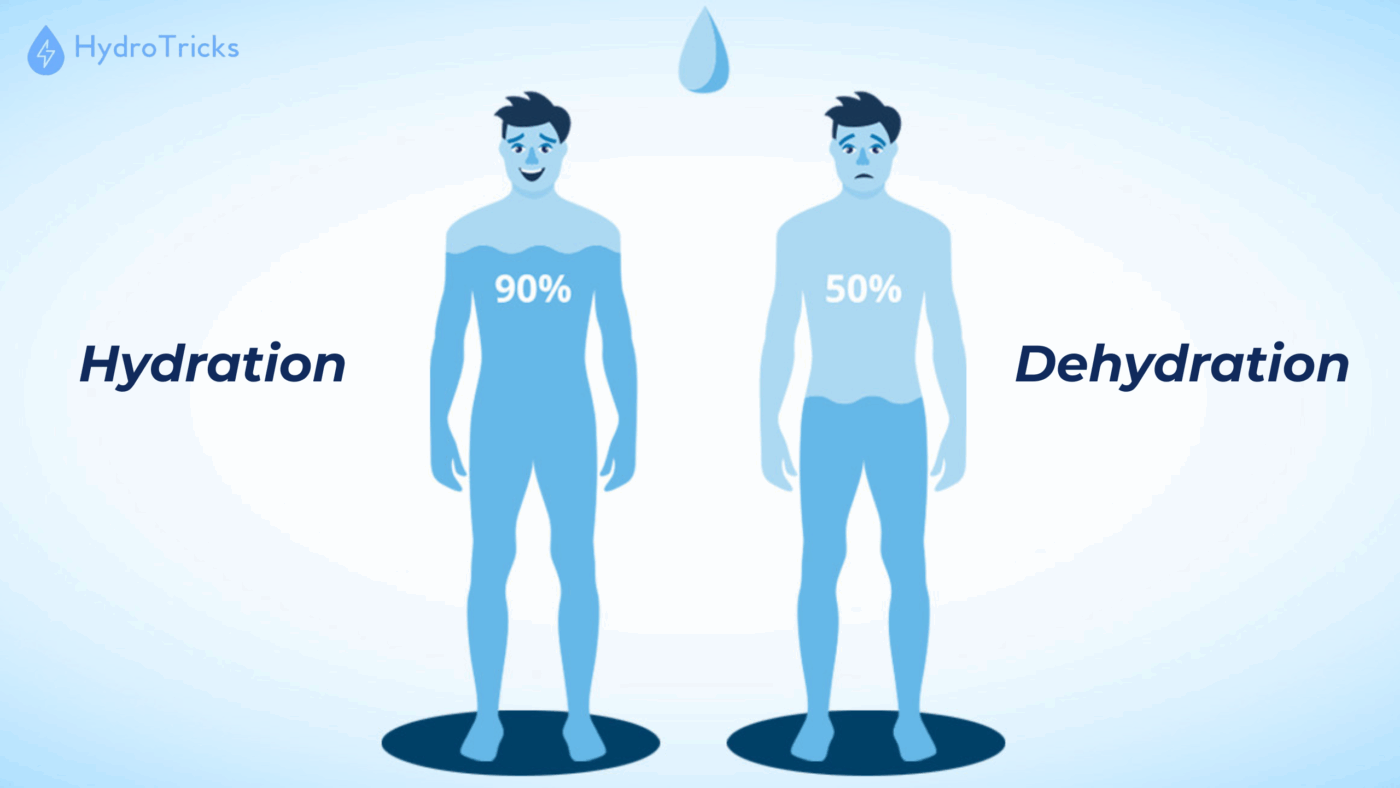
Dehydration can wreak havoc on your digestive health. When your body lacks enough water, digestion slows down. This sluggishness can cause symptoms such as constipation, acid reflux, and even indigestion. Inadequate water levels also mean there isn’t enough fluid to produce digestive enzymes and saliva, both of which are essential for breaking down food. The absence of this vital hydration hampers digestion, proving that hydration and digestion are inseparable when it comes to gut health.
Moreover, chronic dehydration can lead to more serious issues such as ulcers or kidney stones. When water is scarce, the body pulls moisture from waste in the colon, causing dry and hard stools. These effects highlight why maintaining good hydration is essential to support the entire digestive system.
5. What Is the Best Water for Gut Health?
Not all water is created equal when it comes to supporting hydration and digestion. While clean, filtered tap water is usually sufficient for most people, there is a growing interest in hydrogen water for its potential digestive health benefits.
Hydrogen water is enriched with dissolved hydrogen gas, which has powerful antioxidant properties and may help reduce inflammation throughout the body, including the digestive tract. Emerging studies indicate that hydrogen water can improve gut microbiota balance and alleviate symptoms related to irritable bowel syndrome (IBS), such as bloating and discomfort. By reducing oxidative stress in the digestive system, hydrogen water may enhance nutrient absorption and promote overall gut health.
Choosing the right type of water, such as hydrogen water, can provide an additional boost to support effective hydration and digestion.
6. HydroWata – The Best Place to Get a Hydrogen Water Bottle
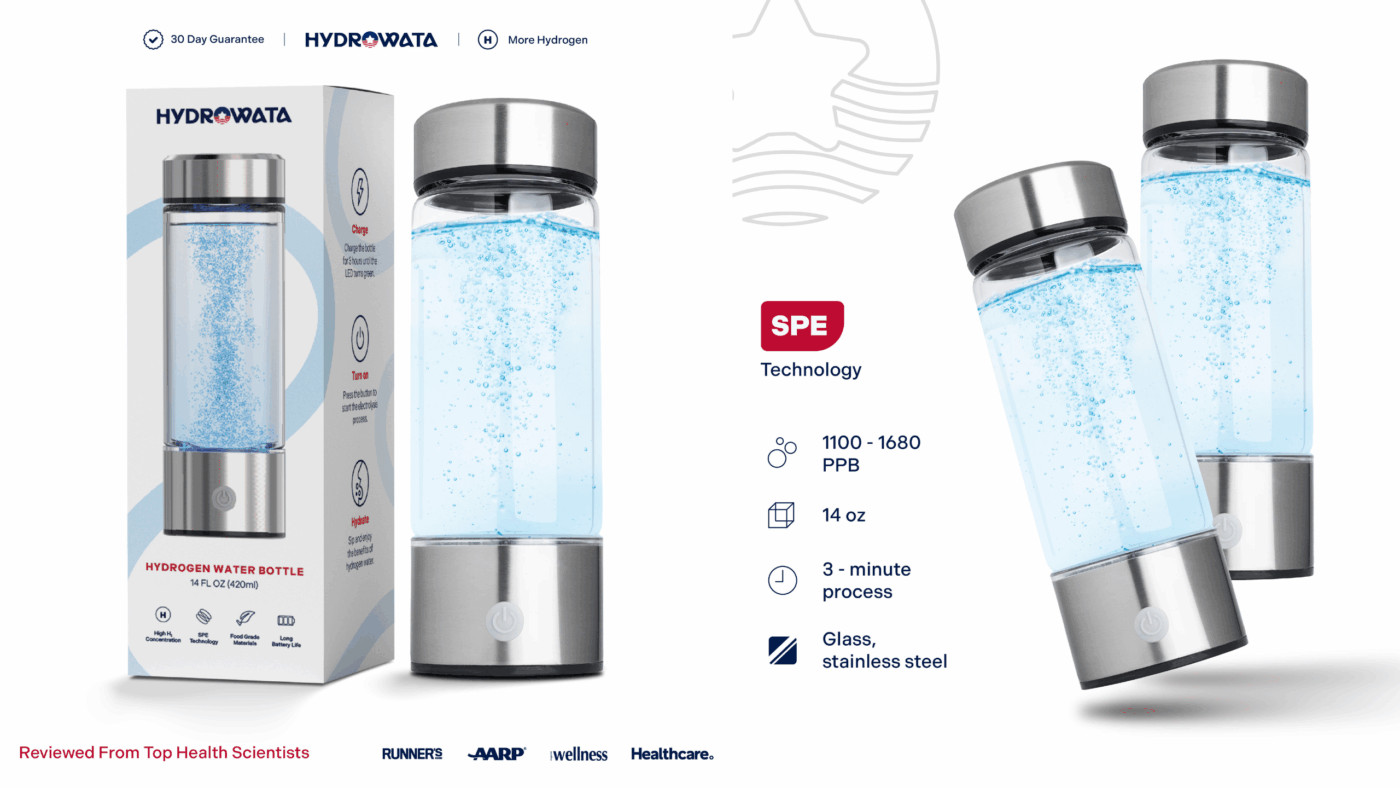
If you’re looking to truly enhance your hydration and digestion, HydroWata offers one of the most effective and convenient solutions available. Their advanced hydrogen water bottles use stainless steel construction for durability and safety, combined with cutting-edge SPE (Solid Polymer Electrolysis) technology to infuse your drinking water with molecular hydrogen in just 3 minutes. This process produces up to 1.6 ppm of hydrogen, delivering powerful antioxidant and anti-inflammatory benefits that support gut health and overall wellness.
Designed for everyday portability and ease of use, HydroWata hydrogen water bottles let you enjoy fresh, hydrogen-rich water wherever you go—whether at home, work, or on the move.
By making HydroWata part of your daily hydration routine, you invest in better digestion through improved nutrient absorption, reduced oxidative stress, and a healthier gut environment. It’s a simple, smart step toward a more comfortable, energized you.
7. How to Stay Hydrated for Optimal Digestion
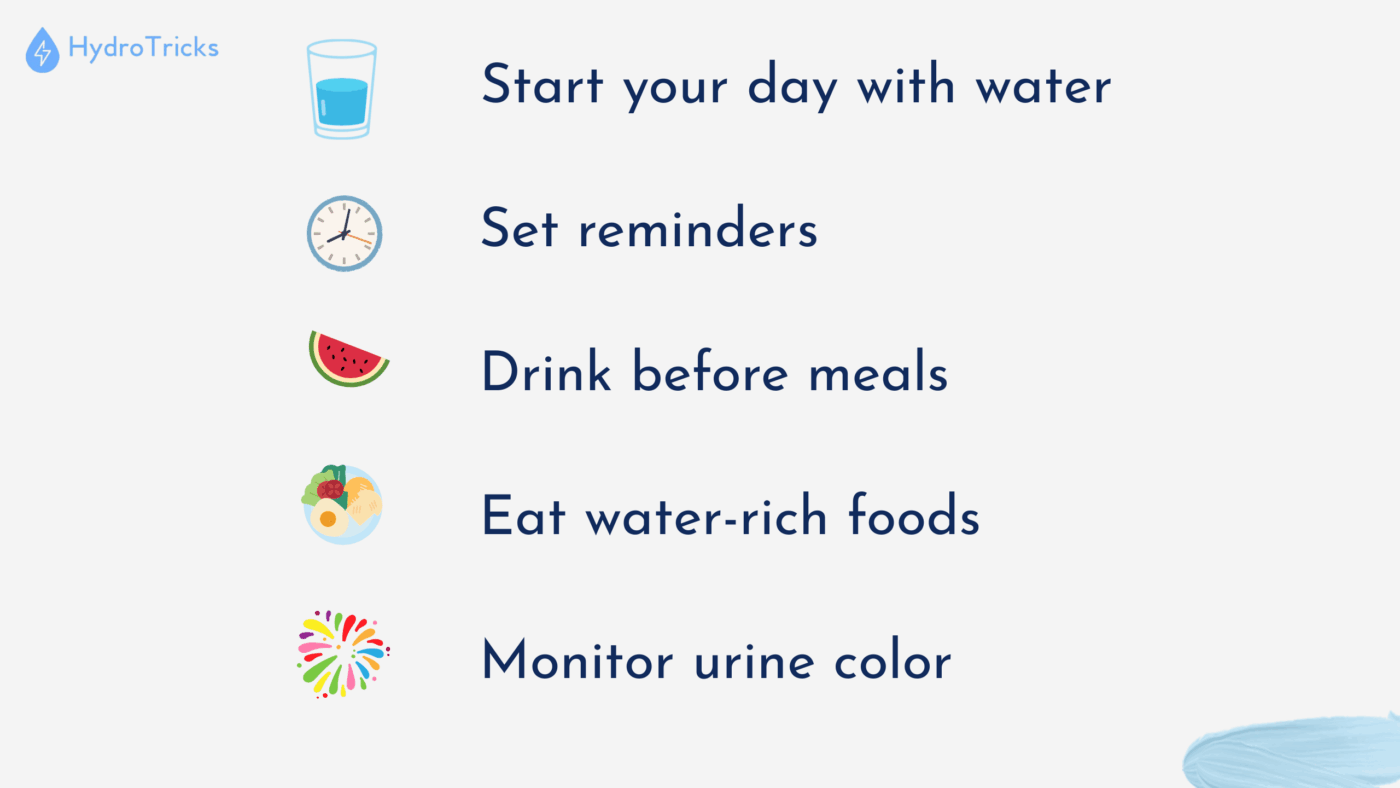
Maintaining consistent hydration isn’t just about drinking water when you feel thirsty. Here are some smart strategies to support better hydration and digestion:
- Start your day with water: Drink a glass of water first thing in the morning to kickstart your metabolism.
- Drink before, not during, meals: While it’s a myth that water completely disrupts digestion during meals, drinking a lot while eating can dilute digestive juices. Sip small amounts if needed, but aim to hydrate before meals.
- Eat water-rich foods: Fruits and vegetables like cucumbers, watermelon, and oranges contain high water content that contributes to hydration.
- Set reminders: Use apps or timers to remind yourself to drink water throughout the day.
- Monitor urine color: Pale yellow urine generally indicates proper hydration.
Following these habits ensures your digestive system stays active and healthy, reinforcing the close link between hydration and digestion.
Conclusion
In conclusion, hydration and digestion are deeply interconnected. From helping to break down food and softening stool to enhancing the effectiveness of fiber, water is essential for every stage of digestion. Dehydration, on the other hand, can slow the process and lead to discomfort or even long-term issues.
Choosing high-quality water, such as hydrogen-infused options from HydroWata, can elevate your hydration game and support better gut health. With a few simple changes to your hydration habits, you can enjoy smoother digestion and a more balanced, energized body.
FAQs
1. What is the role of water in digestion and absorption?
Water helps break down food into nutrients that can be absorbed by the body. It also aids in dissolving soluble fiber and supports the smooth movement of waste through the intestines.
2. Why should you not drink too much water while eating?
Drinking moderate amounts of water while eating is fine, but excessive water can dilute digestive enzymes and slow down digestion. It’s best to hydrate before and after meals.
3. What is the best water for gut health?
Hydrogen water is gaining popularity for its antioxidant properties and potential benefits for gut flora. It may enhance digestion and reduce inflammation in the gut.
4. Is it good to drink water immediately after eating?
Yes, drinking water after meals can help digestion by assisting in the breakdown of food. Just avoid overdoing it to prevent bloating.
5. What about drinking water before eating?
This can be beneficial as it can help prepare your stomach for digestion and may aid in portion control by making you feel full.

